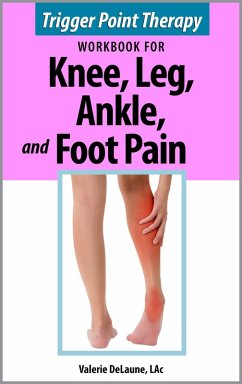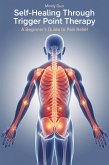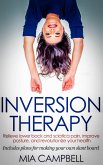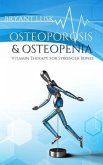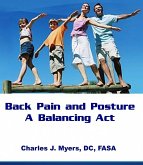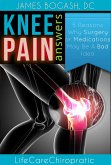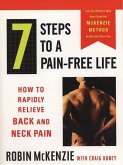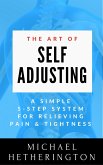The introductory chapter of this e-book includes general guidelines for self-help techniques and muscle care. Chapter 2 contains a diagram of a body divided into zones, with a list of muscles that may contain trigger points which are referring pain and other symptoms to each zone, so that you will know which subsequent chapters you need to read. The Appendix has extensive information on perpetuating factors that will cause trigger points to form in any of the muscles of the body.
By clicking on the pertinent muscle chapter links from the table of contents, your e-book reader takes you to each chapter that may harbor trigger points that are the source of your pain. You'll find illustrations of common pain referral patterns that you can compare with your symptoms, and this will help you figure out where the common trigger points causing your pain are likely located. Along with outlining the common symptoms and causes for trigger points for each muscle, there are lists of "helpful hints" for resolving trigger points. Self-help techniques are written out and accompanied by detailed photos to guide you through the techniques.
In addition to knee, lower leg, ankle and foot pain, conditions such as osteoarthritis, iliotibial band syndrome, shin splints, compartment syndromes, tendinopathies and ruptures, bursitis, meniscus tears, muscle strains, muscle cramping, stress fractures, periosteal stress syndromes, bunions, hammertoes, heel spurs, and plantar fasciitis are addressed.
This e-book draws on the decades of research by Doctors Janet Travell and David G. Simons, combined with the 29 years of clinical experience of Acupuncturist, Neuromuscular Therapist, and author Valerie DeLaune, LAc.
Dieser Download kann aus rechtlichen Gründen nur mit Rechnungsadresse in A, B, CY, CZ, D, DK, EW, E, FIN, F, GR, H, IRL, I, LT, L, LR, M, NL, PL, P, R, S, SLO, SK ausgeliefert werden.

